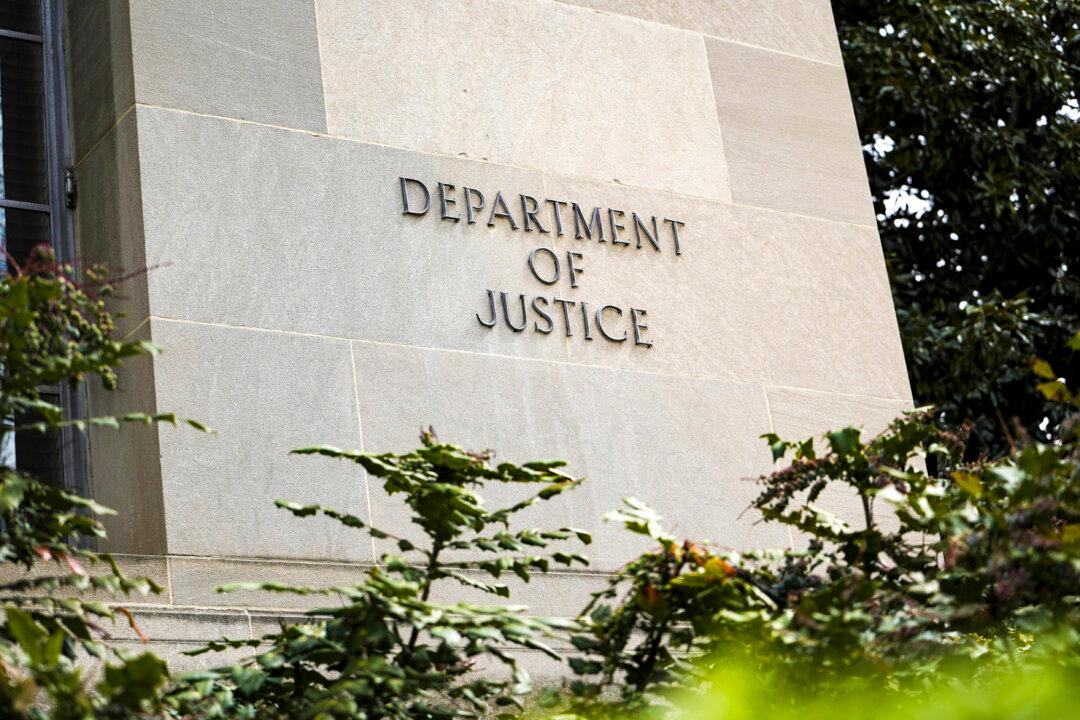The U.S. Department of Justice (DOJ) changed sides on Feb. 7 in a Biden-era Supreme Court challenge to a Tennessee law banning transgender procedures for minors.
The DOJ has disavowed its prior position and now argues that state law is constitutional.





